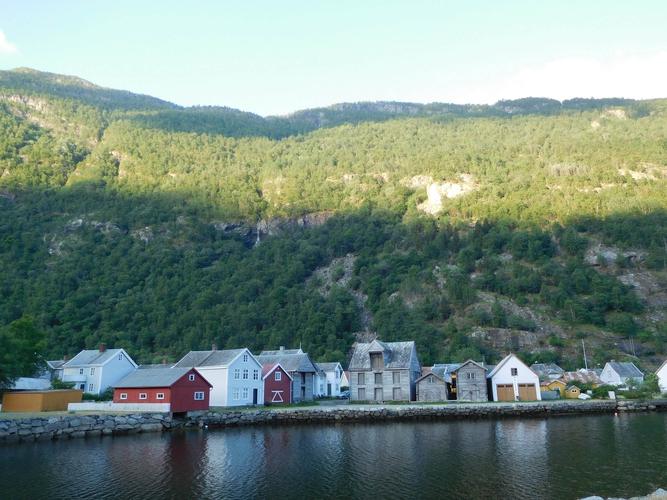Exploring the Rich Culture and History of Niger: A Comprehensive Guide to Niger Information
Niger, a landlocked country located in the heart of West Africa, is famous for its vibrant culture and rich history. From the scenic beauty of the Sahara Desert to the lively markets and streets, Niger offers travelers a unique and unforgettable experience. In this comprehensive guide, we will explore the cultural and historical wonders of Niger.
The Roots of Niger Culture
Niger has a diverse cultural heritage shaped by a host of influences. One of the primary roots of the country’s culture is its geographic location, which serves as a crossroads between the Middle East, North Africa, and sub-Saharan Africa. The result is a blend of traditions that are uniquely Nigerien, which can be seen in the local architecture, music, and cuisine.
In addition to the blending of cultural influences in Niger, the country has a long history of indigenous cultures that continue to thrive. For instance, the Tuareg, Fulani, and Hausa are just a few of the ethnic groups in Niger who have retained their distinct cultural practices over time.
The Nigerien Way of Life
Nigerien culture is deeply rooted in community values and traditions. Family, religion, and respect for elders are essential aspects of daily life in Niger. Hospitality is also a significant part of Nigerien culture, and visitors to the country are often treated with warmth and generosity.
Music and dance are an integral part of the Nigerien way of life. Traditional music is played using the local instruments, including the kora and the balafon, and its unique rhythms are often accompanied by energetic dance performances.
Exploring Niger’s Historical Sites
Niger’s history dates back to ancient times. The country boasts several historical sites, including the ruins of the Djado civilization in the Azawagh region and the former capital city of the Songhai Empire in Gao. The city of Agadez, a UNESCO World Heritage Site, is also home to several historical landmarks, including a 14th-century mosque.
Another notable historical site in Niger is the Bilma oasis, which was once an essential stop along the trans-Saharan trade route. Today, Bilma remains an isolated desert town, but visitors can still see the ancient wells or ‘Foggaras’ that were crucial for daily life in the town.
The Modern Face of Niger
Despite its rich cultural and historical heritage, Niger is a modern country with a growing economy. The capital city, Niamey, boasts several modern amenities and facilities, including shopping centers, cinemas, and banks. In addition, several international companies are now operating in Niger, creating job opportunities for the local population.
Niger’s growing economy and stable political environment have enabled the country to make significant strides in areas such as education and healthcare. Today, Niger has one of the fastest-growing populations in the world, with a significant portion of the population under the age of 25. The government has implemented several policies to encourage entrepreneurship, and Niger’s youth are now more actively involved in driving economic growth in the country.
Conclusion
Niger is a fascinating and unique country with a rich cultural and historical heritage. In this guide, we have explored some of the essential aspects of Nigerien culture, including its diverse roots, way of life, and notable historical sites. Furthermore, we have seen how the country is evolving into a modern, prosperous nation, with its youth at the forefront of the change. Thus, visitors to Niger can expect to experience a dynamic and captivating destination that is always changing and growing, yet still remains rooted in its rich cultural heritage.
(Note: Do you have knowledge or insights to share? Unlock new opportunities and expand your reach by joining our authors team. Click Registration to join us and share your expertise with our readers.)
Speech tips:
Please note that any statements involving politics will not be approved.
